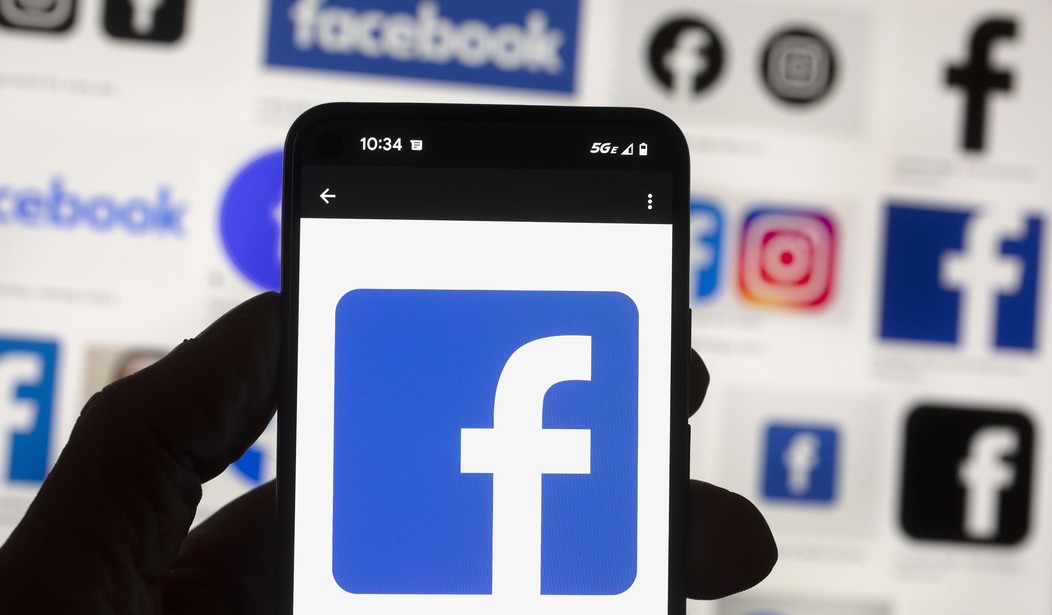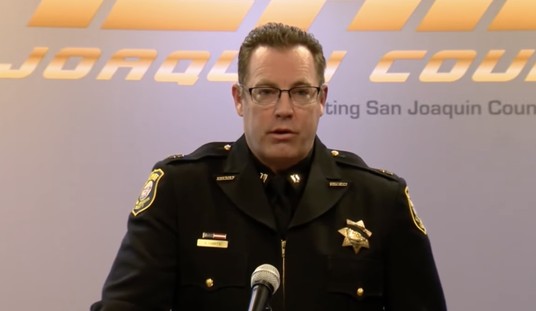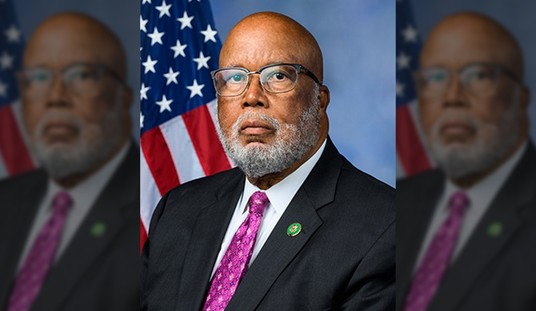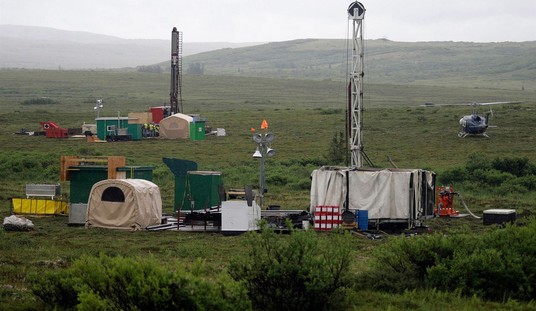When you think of government surveillance, you typically think of the FBI or NSA. While these agencies get most of the scrutiny when it comes to spying on Americans illegally, there are plenty more who do the same thing while flying under the radar. This is where the military’s surveillance apparatus comes in.
The U.S. Army Protective Services Battalion (USAPSB), responsible for safeguarding top military officials, has expanded its mandate to include monitoring social media for threats and “negative sentiment” towards high-ranking officers, according to a procurement document.
The unit, which is a specialized unit responsible for safeguarding high-ranking military officials from threats, including assassination, kidnapping, injury, and embarrassment, aims to acquire social media threat mitigation tools to detect online threats and pinpoint their exact location, combining various surveillance techniques and data sources. But it appears the unit might be going further than would make most Americans comfortable:
Protective Services’s mandate has expanded to include monitoring social media for “direct, indirect, and veiled” threats and identifying “negative sentiment” regarding its wards, according to an Army procurement document dated September 1, 2022, and reviewed by The Intercept. The expansion of the Protective Services Battalion’s purview has not been previously reported.
The country’s national security machinery has become increasingly focused on social media — particularly as it relates to disinformation. Various national security agencies have spent recent years standing up offices all over the federal government to counter the purported threat.
This is already suspect enough. But the fact that USAPSB is monitoring “negative sentiment” expressed on social media against high-ranking military officers should raise more than a few eyebrows. Moreover, there are questions about whether these officials even need this level of protection:
Protective details have in the past generated controversy over questions about their cost and necessity. During the Trump administration, Education Secretary Betsy DeVos’s around-the-clock security detail racked up over $24 million in costs. Trump’s Environmental Protection Agency Administrator Scott Pruitt ran up over $3.5 million in bills for his protective detail — costs that were determined unjustified by the EPA’s inspector general. The watchdog also found that the EPA had not bothered to “assess the potential dangers posed by any of these threats” to Pruitt.
There is no doubt that this program could become a huge issue when it comes to protecting our rights. The broad surveillance scope of the Protective Services Battalion encroaches upon individuals’ right to privacy. The indiscriminate monitoring of online activity, including expressions of opinion or criticism towards public officials, erodes the foundations of free speech and the ability to hold those in power accountable. People should be able to publicly criticize all government officials without having to fear being monitored by the state.
What is also troubling is the fact that the military is enlisting the aid of high-profile private data collection companies to scour social media looking for potential “threats.” The involvement of private vendors and data brokers in supplying surveillance tools raises questions about the use and potential abuse of commercially purchased private information. Numerous reports suggest that government agencies have exploited legal loopholes to collect cellular data on millions of Americans without warrants or judicial oversight, highlighting the absence of robust safeguards to protect citizens’ privacy.
Most would probably not object to protecting certain officials whose lives could be at risk. But this program goes way too far. The use of social media surveillance tools should be subject to rigorous oversight, legal scrutiny, and accountability mechanisms to prevent potential abuses and protect individuals’ rights. Moreover, the notion that our government is monitoring public and private communications for derogatory remarks against its officials is terrifying from a liberty perspective.













